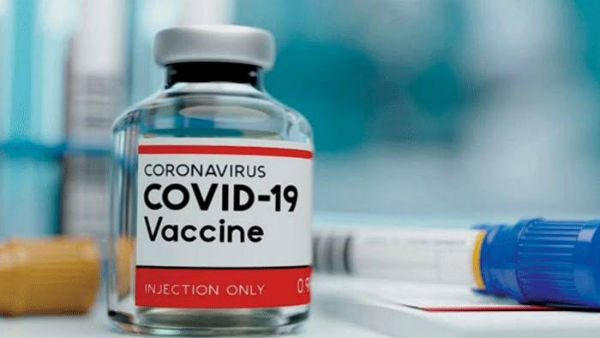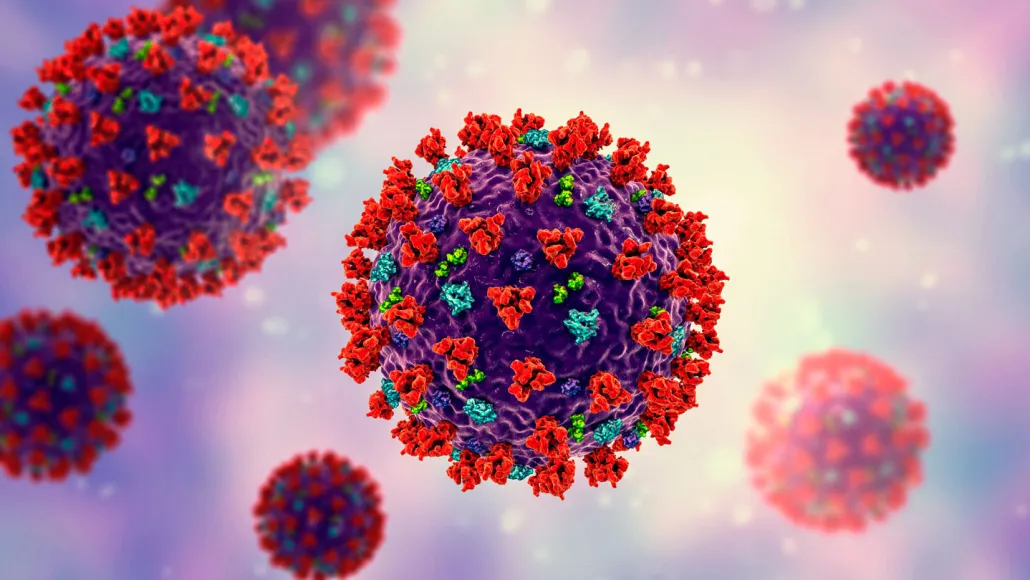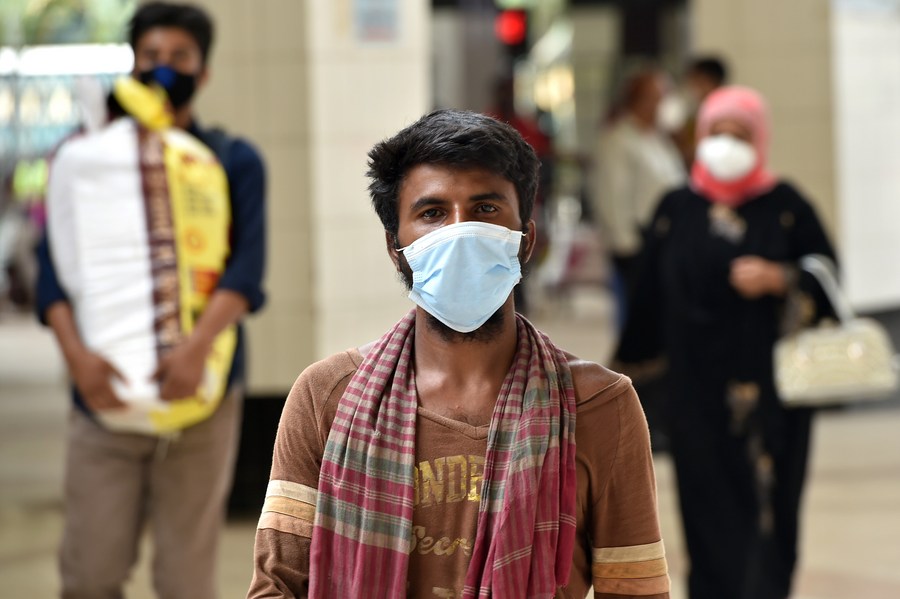Even if Bangladesh gets required Covid-19 vaccines from Oxford University or other sources, can it vaccinate more than 162 million people within a year? The answer appears to be a 'no'.
For mass vaccination against the often lethal virus, the country needs to deliver vaccines to people countrywide at a scale and speed never thought before.
Every year, nearly four million children get antigens.
This is perhaps the maximum capacity of mass vaccination in the country.
It will require 10 years or more to bring all the population irrespective of ages under coverage if the mass vaccination begins with the existing capacity, say local experts.
That is why the whole immunisation programme needs to be re-engineered, particularly the cold chain which is mandatory to preserve the valuable vaccines, they add.
Researchers at the University of Birmingham and Heriot-Watt University have collaborated with their counterparts at Brac University and Bangladesh University of Engineering and Technology (Buet) to assess the capacity and preparedness of Bangladesh's cold chain logistics.
The UK Research and Innovation is supporting the one and half year programme.
The outcome is expected to create a blueprint to help ensure a cost-effective model for blanket Covid-19 vaccination.
A cold chain is a temperature-controlled supply chain. To store, manage and transport life-saving vaccines, it takes a chain of precisely coordinated events, maintaining a desired low-temperature range.
Professor Farzana Munshi, an Economics teacher at the School of Humanities and Social Sciences of Brac University, has been working as a co-investigator under the project.
Farzana told The Business Standard, "The core element of the project is to evaluate the vaccine cold chain for mass scale Covid-19 vaccination in Bangladesh. It is crucial to assess the capacity and preparedness of the Covid-19 vaccination cold chain."
When the chief of the World Health Organisation (WHO) warns about Covid-19 vaccine nationalism, access to vaccines seems a major challenge for low-income countries lacking a robust refrigerated cooling system.
Although Bangladesh has one of the world's largest pharmaceutical and vaccine industries, with a vaccination framework supported by Gavi, the Vaccine Alliance, and the WHO, the country still lacks the capacity to deliver fast-track mass vaccination on an unprecedented scale.
Citing the WHO-2006 guidelines, Professor Farzana said the protocols for Covid-19 vaccine will require it to be kept in a narrow range between 2°C and 8°C, while in transport and storage. A thermally controlled envelope is required throughout the whole supply chain ranging from production to the final recipient of the vaccine.
With the country's current infrastructure, Bangladesh is able to deliver diphtheria, pertussis and tetanus (DPT) vaccines to 94% of the children. However, children below 14 years only accounted for around 27% or 44 million of the population in 2018.
"In the case of Covid-19 vaccination, Bangladesh will have to vaccinate approximately 162 million people rapidly, which would be extremely challenging with the existing immunisation programme," Farzana said.
According to Farzana, the project would assist policymakers in designing policies on the most sustainable interventions on the medical supply chain at regional, national scale for Covid-19 but also other potential future natural disasters and epidemics.
Cold chain is a crucial part of vaccination. Bangladesh still lacks sustainable cooling infrastructure and resilient electricity in rural communities.
Professor Ijaz Hossain, a chemical engineering teacher and dean of engineering at Buet, said "A cold chain covers a vast network combining refrigeration and storage facilities within central depots to grassroots distribution points and obviously the transportation. Lack of a sustainable cold chain will cause wastage and risk of less availability of vaccines from abroad."
In his opinion, Bangladesh's existing capacity of mass vaccination would be extremely inadequate to combat Covid-19. He will take part in designing the new cold chain after assessment of power availability and vaccine storage capacity at the grassroots.
On September 5, in a press release by the University of Birmingham, the project developer Toby Peters, also a Professor of Cold Economy at the university, commented, "Sustainable cold chain development will support Bangladesh's economy and help















